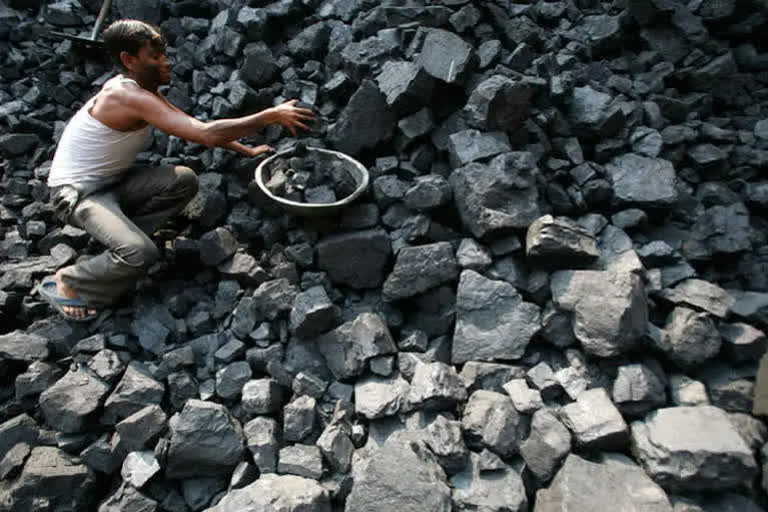New Delhi: In the wake of short supply of coal to non-regulated sector, industry bodies have sought Prime Minister Narendra Modi's intervention in the matter, stating that industries are compelled to purchase power from exchanges at higher rates due to increased demand. The development assumes significance in the wake of country's power plants facing coal shortages. Reeling under the crisis on account of continued coal shortage, a major segment of the manufacturing sector, MSMEs and captive power plant-based industry have jointly submitted a representation to the prime minister through a group of 10 industry associations.
Scarce supply of fuel for a prolonged period has led to severe consequences for many industries such as aluminium, cement, steel including their captive power plants, the industries stated in the representation. " ... under the current situation, industries, especially continuous process plants are compelled to purchase power from exchange, causing power demand to increase and inflate exchange rate of power significantly," the representation said. Further, keeping captive power plants idle and compelling CPP integrated industries to buy power from market is creating overall system inefficiency in the form of unnecessary coal transportation and higher specific consumption in CPP units due to low-capacity utilisation.
All these factors are causing higher cost of production of finished goods from different industries. According to the representation, dispatches of coal to sectors like captive power plants, steel, cement and sponge iron have been reduced up to 32 per cent in the current fiscal. The situation has aggravated to such a level that may compel many industries to cut down on production or force closure. Such impediments in coal procurement may adversely impact the manufacturing sector which would in turn tickle down to the common people of the country. If an equitable supply of coal between power and non-power sectors had been achieved during the January-March period, the coal stock situation at the power-end across sectors would have been much improved ahead of the summer and load on power utilities could have been reduced by generation from CPP units, the representation pointed out.
Non-pithead thermal power stations are also facing low coal stocks as the Central Electricity Authority (CEA) data showed that stocks were 26 per cent of the normative levels at 155 non pit-head plants with total generation capacity of about 163 GW during the April 18-21 period. Coal Secretary A K Jain has attributed the low coal stocks at power plants to several factors such as heightened power demand due to the boom in the economy post COVID-19, early arrival of summer, rise in the price of gas and imported coal and sharp fall in electricity generation by coastal thermal power plants.
PTI



